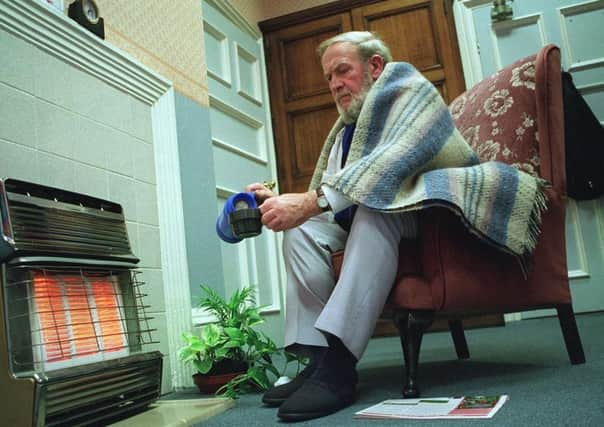New project tackles local fuel poverty


The research, which was released on Fuel Poverty Awareness Day recently, revealed ten per cent of homes in these areas are forced to make a troubling choice between eating and heating.
These worrying statistics come as it was confirmed that cold homes contributed to 24,302 excess winter deaths in England and Wales last year.
Advertisement
Hide AdAdvertisement
Hide AdFuelling Connections, a local community project run through Facebook, is now being launched to bring communities together and provide support to those who are finding it difficult to pay their fuel bills in Penistone and Stocksbridge.
Residents in these areas are being encouraged to ‘like’ and ‘follow’ the new Facebook page, which will provide information on free services available to help people struggling to pay energy bills. It will also provide an opportunity for both local residents and experts to share top tips on saving money and reducing bills.
enistone and Stocksbridge MP Angela Smith has welcomed the new campaign, saying: “Fuel poverty is one of those silent issues we hear far too little about. This is especially so in rural and semi-rural areas, such as many parts of my constituency.
“This is where programs such as Fuelling Connections can come in; by providing innovative ways in making contact and helping people who are often difficult to reach. It’s great to see them now starting to operate in my constituency. In 21st century Britain people should not be struggling to keep warm and hopefully Fuelling Connections will help fight the fuel poverty which does exist in Penistone and Stocksbridge and help people keep themselves warm.”
Advertisement
Hide AdAdvertisement
Hide AdFuelling Connections was initiated by environmental charity Hubbub and, following a successful pilot, is now being rolled out across a number of areas across the country.
Trewin Restorick, CEO and founder of Hubbub, said: “It only takes an unexpected illness or redundancy to fall into fuel poverty. Our research suggests that help is not always reaching those most in need. We came across frequent examples of people going to bed in the afternoon simply to stay warm, people who couldn’t afford to eat when their benefits ran out or were ignoring spiralling debts.”